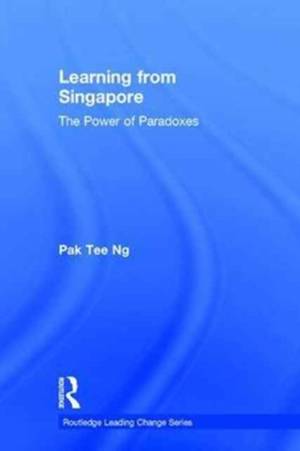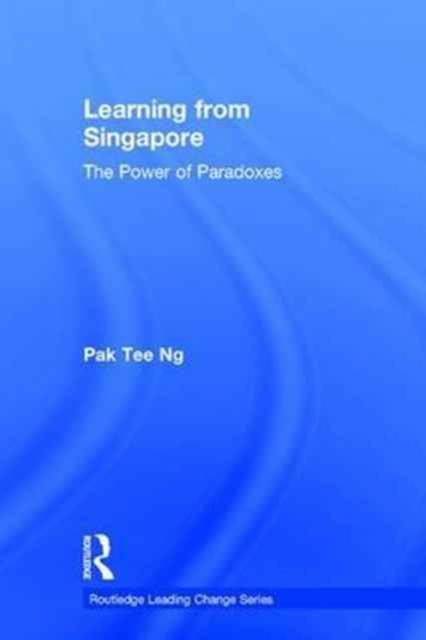
- Retrait gratuit dans votre magasin Club
- 7.000.000 titres dans notre catalogue
- Payer en toute sécurité
- Toujours un magasin près de chez vous
- Retrait gratuit dans votre magasin Club
- 7.000.0000 titres dans notre catalogue
- Payer en toute sécurité
- Toujours un magasin près de chez vous
Description
Learning from Singapore tells the inside story of the country's journey in transforming its education system from a struggling one to one that is hailed internationally as effective and successful. It is a story not of the glory of international test results, but of the hard work and tenacity of a few generations of policy makers, practitioners and teacher trainers. Despite its success, Singapore continues to reform its education system, and is willing to deal with difficult issues and challenges of change. Citing Singapore's transformation, author Pak Tee Ng highlights how context and culture affect education policy formulation and implementation. Showing how difficult education reform can be when a system needs to negotiate between competing philosophies, significant trade-offs, or paradoxical positions, this book explores the successes and struggles of the Singapore system and examines its future direction and areas of tension. The book also explores how national education systems can be strengthened by embracing the creative tensions generated by paradoxes such as the co-existence of timely change and timeless constants, centralisation and decentralisation, meritocracy and compassion, and teaching less and learning more. Learning from Singapore brings to the world the learning from Singapore--what Singapore has learned from half a century of educational change--and encourages every education system to bring hope to and secure a future for the next generation.
Spécifications
Parties prenantes
- Auteur(s) :
- Editeur:
Contenu
- Nombre de pages :
- 214
- Langue:
- Anglais
- Collection :
Caractéristiques
- EAN:
- 9781138926905
- Date de parution :
- 24-01-17
- Format:
- Livre relié
- Format numérique:
- Genaaid
- Dimensions :
- 152 mm x 229 mm
- Poids :
- 449 g

Les avis
Nous publions uniquement les avis qui respectent les conditions requises. Consultez nos conditions pour les avis.






